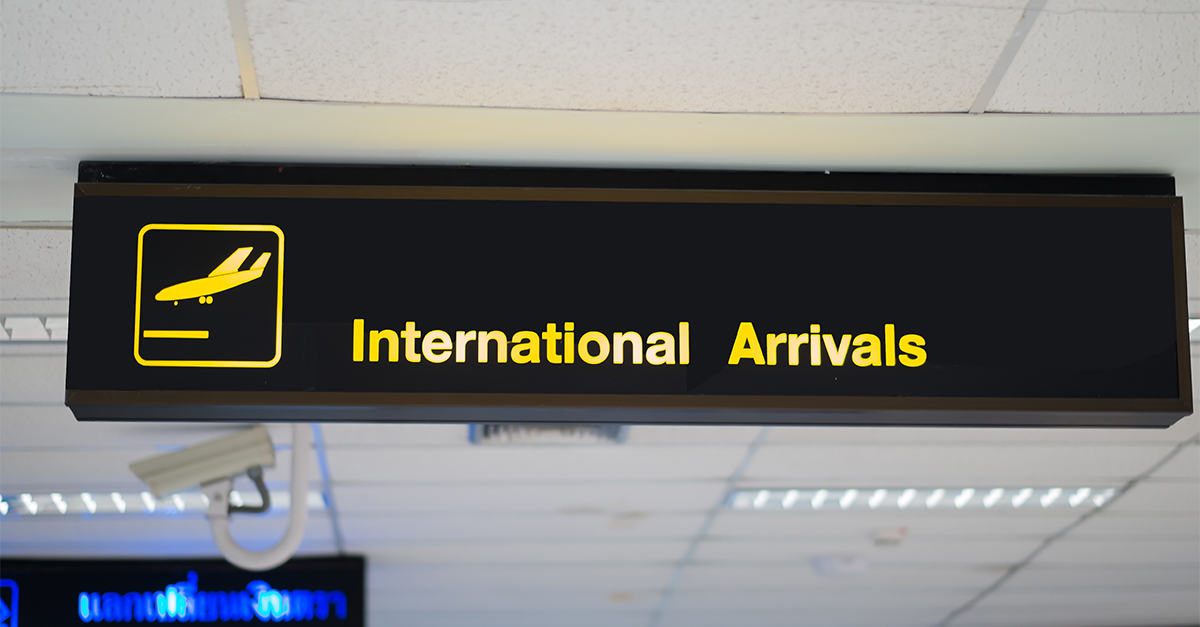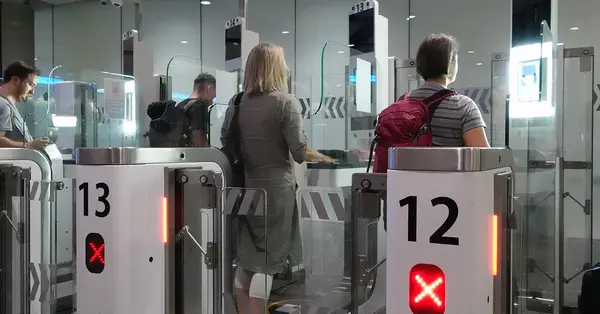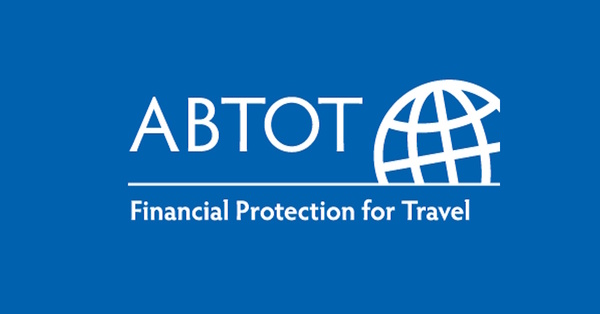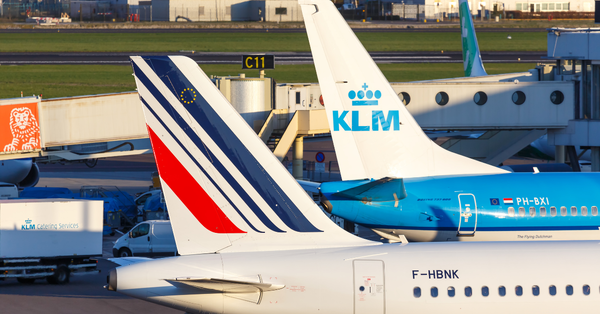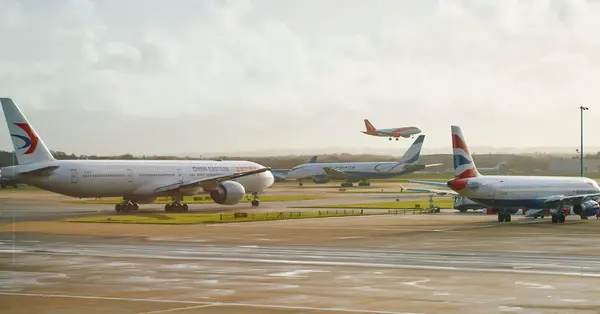You are viewing 1 of your 2 free articles
France quarantine dropped as government updates traffic light lists
Arrivals to England from France will no longer need to quarantine if they are fully vaccinated, the government has confirmed as it updated its traffic light lists for international travel.
The United Arab Emirates (UAE), India, Qatar and Bahrain will all move from the red list to the amber list as the changes kick in from 4am on Sunday, August 8.
Spain remains on the amber list, but the government has updated its travel advice to now advise all arrivals from the country to take a PCR Covid test “wherever possible, as a precaution against the increased prevalence of the virus and variants in the country”.
Seven European countries have been added to the green list: Austria, Germany, Slovenia, Slovakia, Latvia, Romania and Norway.
Mexico, along with Georgia and the French Indian Ocean islands of La Reunion and Mayotte, have been added to the red list “to safeguard domestic vaccine rollout” and protect against variants of concern.
Arrivals from red list countries remain subject to 10-day hotel quarantine. The update also confirmed the cost of a stay will increase from Thursday, August 12, from when it will increase to £2,285 for a single adult and £1,430 for a second adult.
More: Trade warns opening up of travel is at ‘a snail’s pace’
UAE amber list move widens scope for more leisure and corporate travel
The announcement means no countries are now on the so-called amber-plus list, following speculation Spain may join France as having a self-isolation requirement for arrivals – and Boris Johnson promising a “simple” international travel system.
The government said its decision to remove mainland France from the list was because the proportion of Beta variant cases there has fallen.
France is now amber, along with most countries, meaning those who are fully-vaccinated with a vaccine authorised and administered in the UK, US or Europe do not need to quarantine when arriving in England.
The green watchlist remains in place after the government scrapped its plans for an amber watchlist earlier this week.
The government said data for all countries will be kept under review and that it “will not hesitate to take action where a country’s epidemiological picture changes”.
UK clinicians and scientists will remain in close contact with their counterparts in Spain to “keep abreast of the latest data and picture of cases in Spain”, it added.
It is yet to be confirmed if the devolved nations will follow these rules, which apply to England.
All classification changes have been decided by ministers, who have been informed by the latest data and analysis by the Joint Biosecurity Centre (JBC) and wider public health considerations, to help the public understand the risks to public health of travelling to different destinations. All measures will be kept under review.
Transport secretary Grant Shapps said: “We are committed to opening up international travel safely, taking advantage of the gains we’ve made through our successful vaccination programme, helping connect families, friends and businesses around the world.
“While we must continue to be cautious, today’s changes reopen a range of different holiday destinations across the globe, which is good news for both the sector and travelling public.
Health and social care secretary, Sajid Javid, added: “As we learn to live with this virus we are continuing to take steps to safely reopen international travel, based on the latest data and expert public health advice.
“The vaccines have already prevented around 60,000 deaths and 22 million infections in England, and with over 7 in 10 adults in the UK now double jabbed we are building a wall of defence against the disease.
“As well as moving more countries to the green list, today’s announcement also demonstrates the need for continued caution. Further countries have been added to the red list to help protect the success of our vaccine rollout from the threat of new variants.”
John Bevan, divisional senior vice-president for Gold Medal parent dnata Travel Group, said the decision to move the UAE to amber was good news not just for the destination but for others now accessible via hub airports.
The Civil Aviation Authority’s head of Atol, Andy Cohen, urged holidaymakers to book a financially-protected package holiday.
He said: “We are starting to see more and more popular holiday destinations opening up to travellers. With the final part of the summer season still to come, we expect to see an increase in last-minute bookings.
“If you’re booking a trip away, beware of deals that look too good to be true. Always do your research and book a package holiday that is financially protected by Atol. It’s important now more than ever that holidaymakers make sure they are financially protected when travelling.”
• Meanwhile, Portugal is set to lift quarantine requirements for the five million Brits jabbed with the Indian-made AstraZeneca vaccine, reported The Mirror.
It said the country had been refusing to recognise the Indian doses of the AstraZeneca vaccine but on Wednesday it reported: “It emerged the Portuguese government had changed its mind and would recognise all AstraZeneca doses as well as the Chinese-made vaccine Sinovac.
“The U-turn is understood to have occurred after Portuguese president Marcelo Rebelo de Sousa was urged to take action on his visit to Brazil by members of the Portuguese community who will benefit from the decision.”

